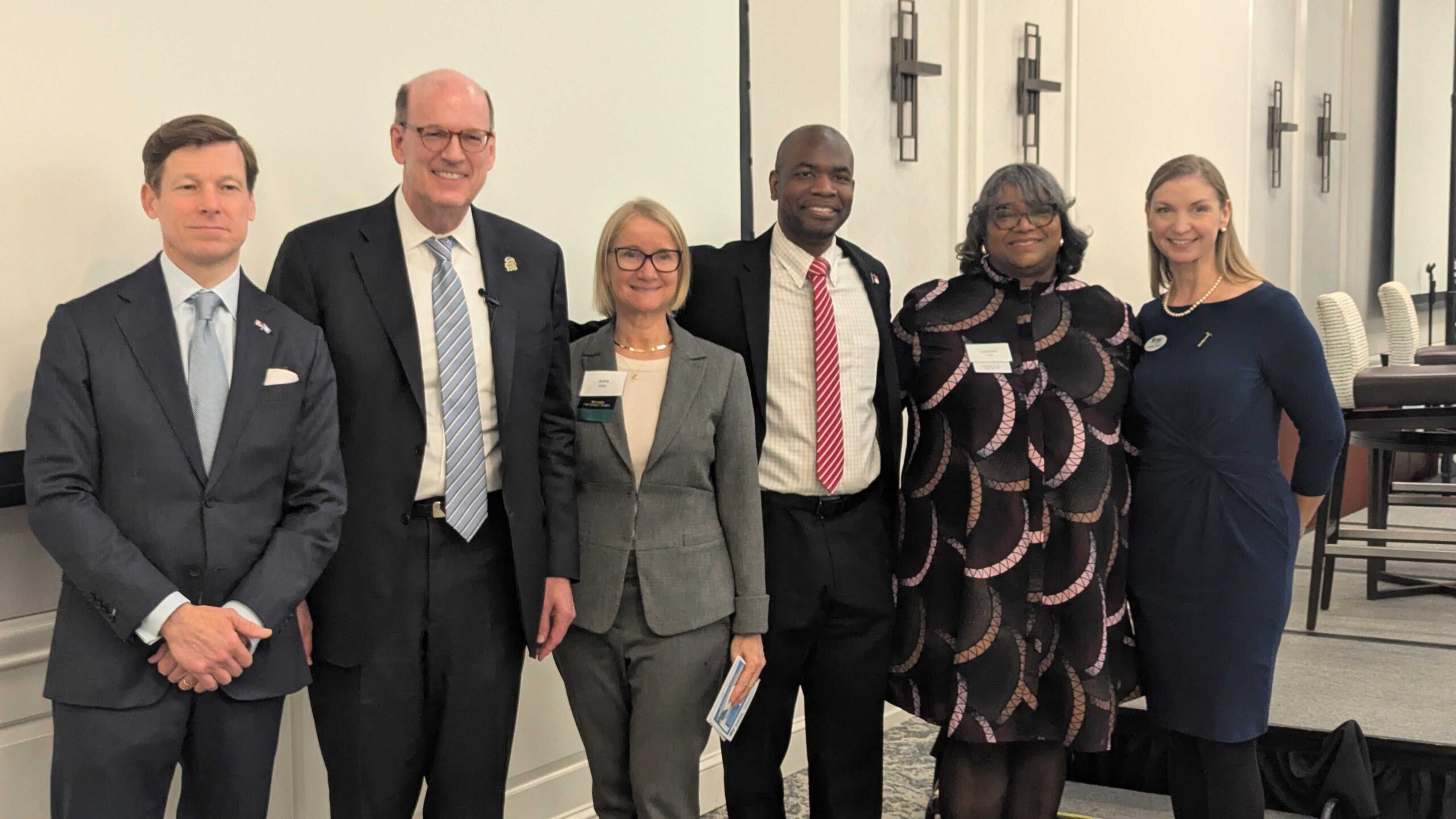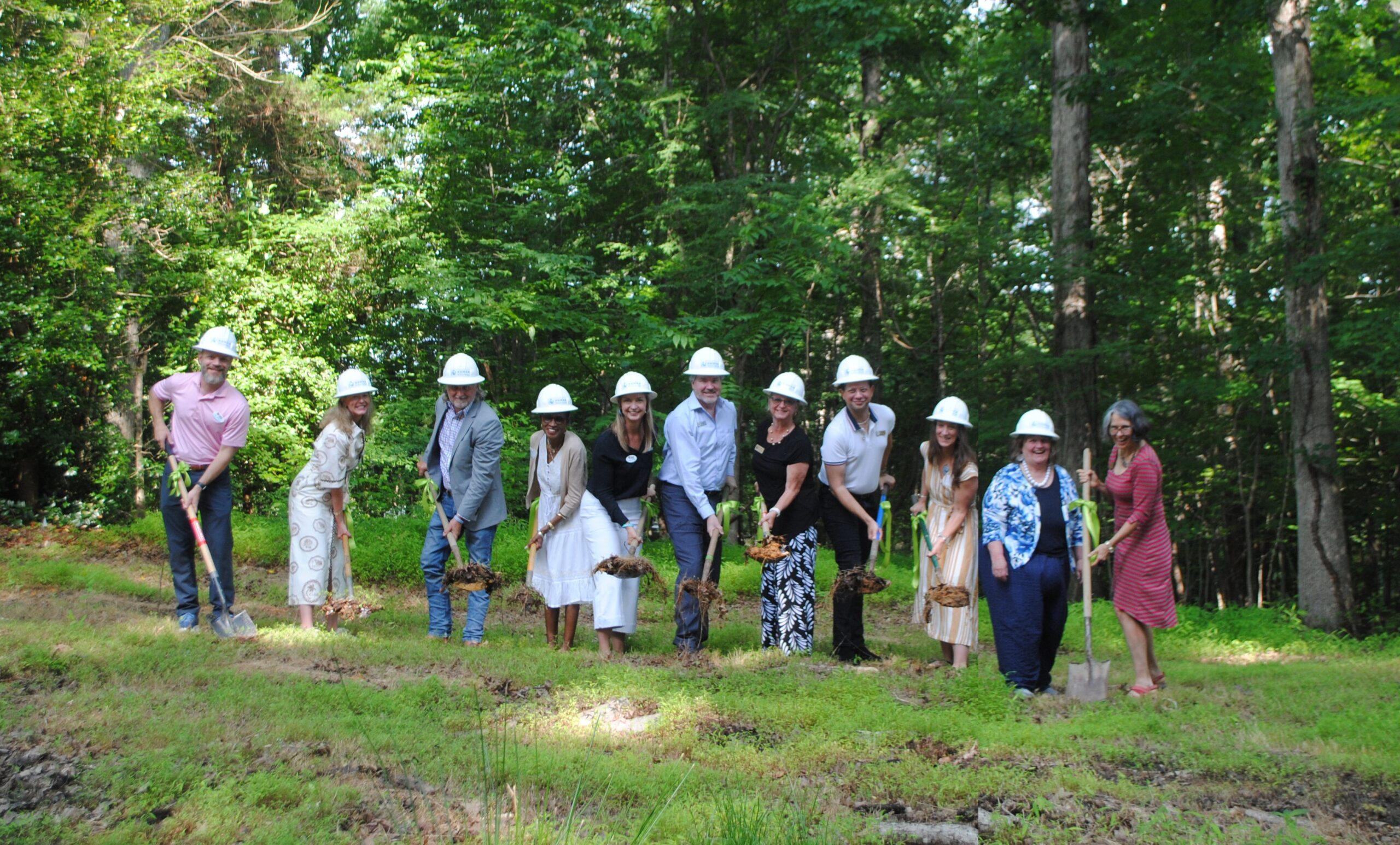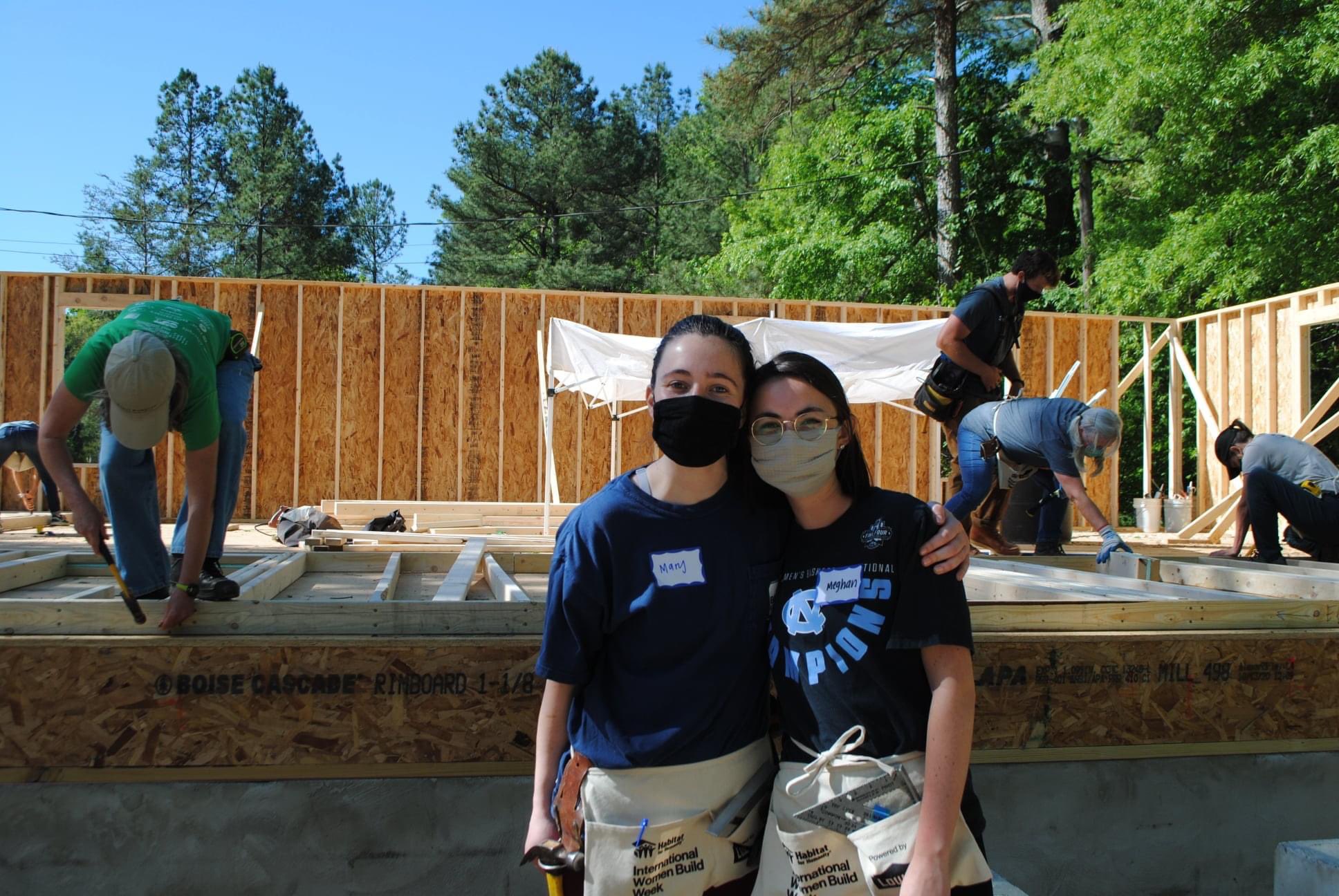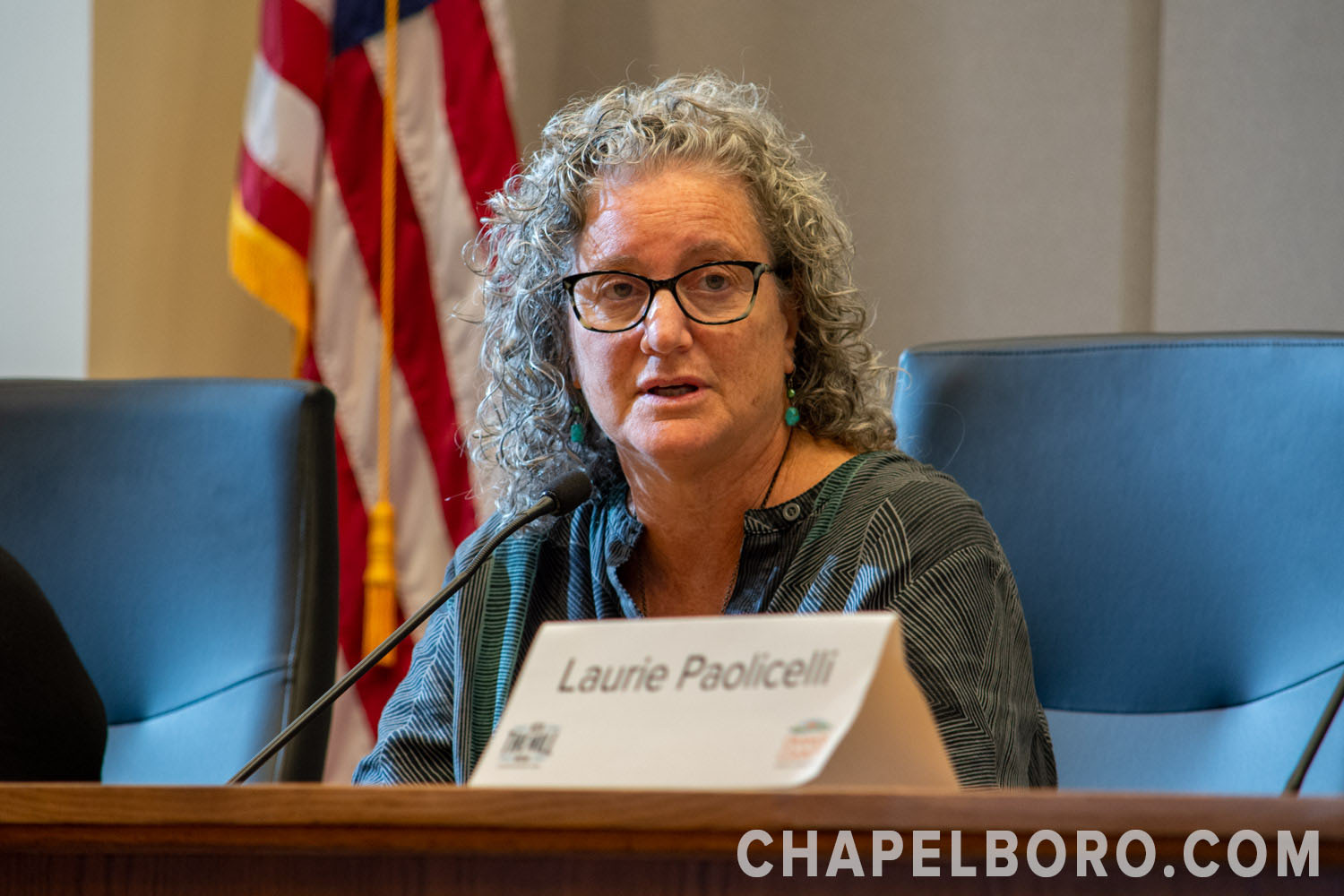America has a housing crisis. Orange County, with all of our riches and good intentions, has also failed to provide adequate affordable housing solutions for low income residents. The Human Relations Commission hopes that residents will join us in our annual Community Read of the powerful book, “Evicted: Poverty and Profit in the American City.” Authored by Matthew Desmond, a Harvard sociologist and MacArthur “Genius” award winner, this national bestseller is an emotional rollercoaster of the trials and complexities of various people renting or managing rental properties. The Commission has been inspired by these stories and will host a county-wide discussion event in the spring of 2019.
Although the economic plight and horrors experienced by the characters in the book may seem foreign to our county, we have residents who do suffer from many similar challenges. According to the National Low Income Housing Coalition, there is no state that has an adequate supply of affordable rental housing for the lowest income renters. The households in the state of North Carolina whose incomes are at or below the poverty guideline are harshly cost burdened, spending more than half of their income on housing. These persons are often choosing between rental payments and necessities like healthy food, healthcare, and transportation. The instability of their housing situation often leads to evictions. Since 2010 North Carolina is one of nine states to have an increase in homelessness.
In Orange county, the median gross rent is $970 and the monthly owner costs (without a mortgage) is $551. One can clearly see the challenge for poor residents (nearly 13 percent of the county’s population) who have secured housing to successfully navigate living on nearly $400 per month in our metropolitan area. The recently passed bond referendum (72 percent approval) by Chapel Hill voters will assist in our county’s collective responsibility to address this longstanding issue. The town will use the funds to develop 400 new affordable housing units and preserve 300 existing affordable units over the next five years. Hopefully, this response plus ongoing efforts will spurn an urgent commitment to tackle this systemic inequality.
So how did we get here? America did not always have an affordable housing problem. In 1960, only about a quarter of renters spent more than 30 percent of their income on housing. In 1970, a 300,000-unit surplus of affordable rental homes meant that nearly every American could find a place to live and the word “homeless” was not even common to our language. Today, the U.S. Department of Housing and Urban Development informs us that there is a deficit of more than 7.2 million rental homes inexpensive enough for the lowest-income people to afford, and nearly 554,000 Americans are homeless on any given night. Also, Orange County being the home of one of the country’s most prestigious research institutions with a highly educated populace and resources, has few — if any — excuses to explain why this tragedy continues to exist.
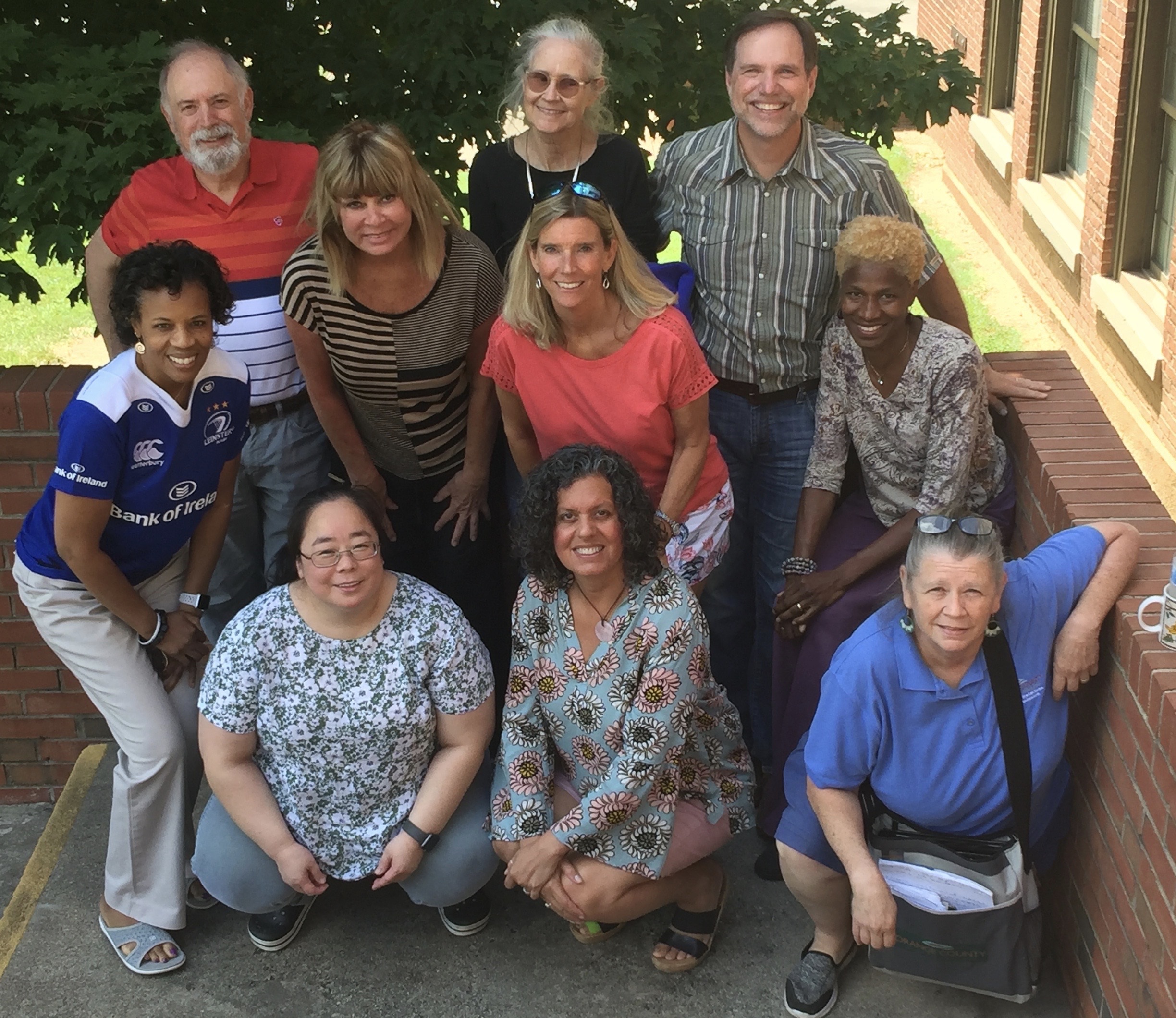
HRC Members:
Matt Case, Vice Chair
Ana Garcia-Turner
Stephanie Harrell
Rebecca High
Allison Mahaley
Jackie Podger, Secretary
Joy Preslar
Nora Spencer
Deborah Stroman, Chair
Nancy White
Marc Xavier
We ask county residents to consider the damage that this absence of a basic human need – a secure place to sleep – does to an individual’s dignity, health, and economic mobility. This dehumanizing state has immense repercussions for children as well. National proposals to the housing crisis include expanding government rental assistance, relaxing zoning and other development restrictions, and reforming eviction policies. Desmond, winner of the 2017 Pulitzer Prize, poses thought provoking discussion questions that we will use as a guideline for the Community Read event. Please stay tuned for more details on the HRC gathering to examine the book and propose solutions to our housing concerns. Please visit one of the county’s libraries or a local bookstore to read Desmond’s page turner on the financial, legal, and psychological effects of the housing crisis.
We are a community that cares. Let’s do better.


